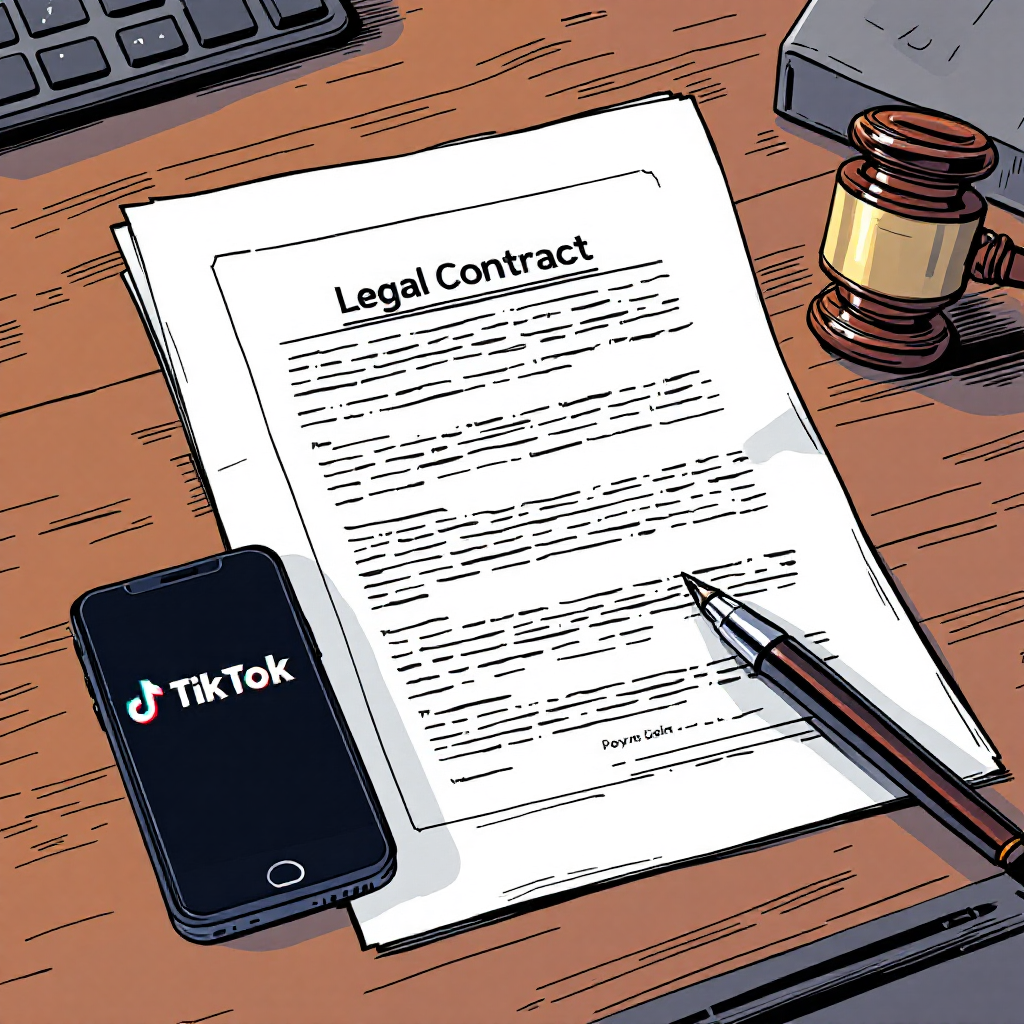
Ten years ago, if you asked a kid what they wanted to be when they grew up, they would say something like ‘doctor’ or ‘astronaut.’ If you asked a kid the same question today, chances are they would say ‘influencer.’ Recently, kidfluencing has experienced a surge in popularity. If you’re unfamiliar with the term, kidfluencers are young kids who make content appealing other kids their age. It’s similar to child actors, except instead of being on MTV or Netflix, they’re posting staged videos on YouTube or TikTok.
At first, this boom in kidfluencing seemed harmless. But as popularity grew and scandals arose, light was shed on what happens behind the scenes of kidfluencer content. Concerns with the conditions of kidfluencing have intensified over the past few years, specifically the role of parents in content creation. Back in 2022, Tiffany Smith, the mother of a famous kidfluencer Piper Rockelle, was hit with a lawsuit by 11 teenagers who collaborated with Piper in YouTube videos, alleging exploitation and intentionally causing emotional distress while holding a position of ‘care and control’.
Until 2023, kidfluencing had been a gray area in terms of what their rights were as workers. The law has evolved many times over almost a century to become what it is now. It began with child actor protection under the Coogan Law’s 1939 amendment. This adjustment required that a certain amount of a child actor’s earnings be put in what’s referred to as a Coogan Account, ensuring that children will have a percentage of their money set aside until they turn 18.
In January 2000, California re-adjusted the Coogan Law by establishing a fiduciary relationship between parents and child actors. Minors can’t legally be in control their earnings, but they deserve to keep what they’ve worked for. Finally, with the popularity of kidfluencing, California expanded the Coogan Law in 2023 to cover kidfluencers, creating a fiduciary relationship between parents of kidfluencers and their children. Although this is promising, the world of kidfluencing is one fiduciary scandal away from strict regulation.
At Lord & Lindley, we understand the complex legal challenges that arise when family, fame, and fiduciary duty collide—especially in the evolving world of kidfluencing. We are committed to protecting the rights of young content creators and holding fiduciaries accountable when trust is broken. If your family is facing a dispute involving a minor’s earnings, guardianship concerns, or fiduciary misconduct, call us at 704-457-1010. For more information about our services, visit www.lordlindley.com.
